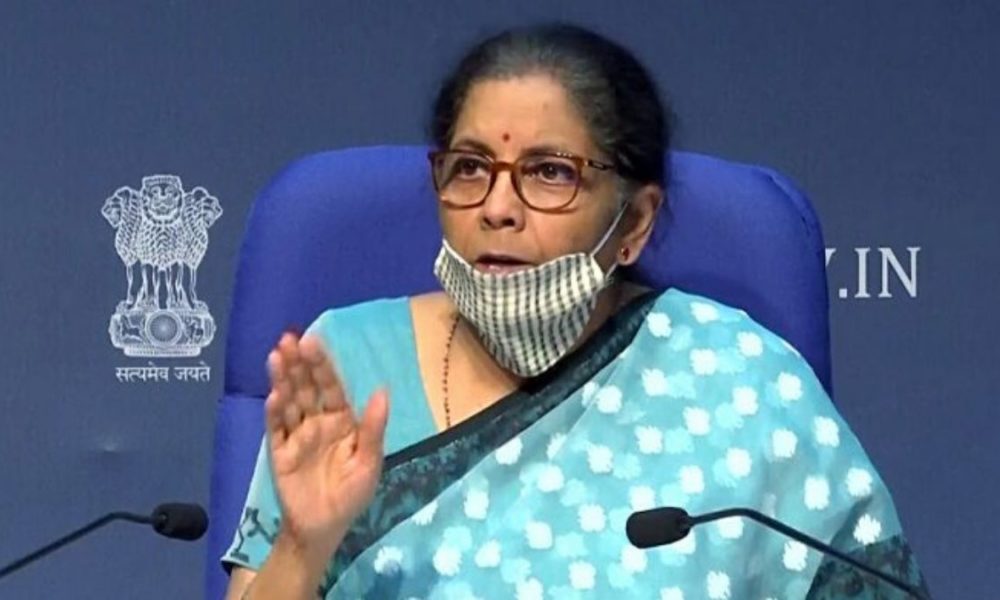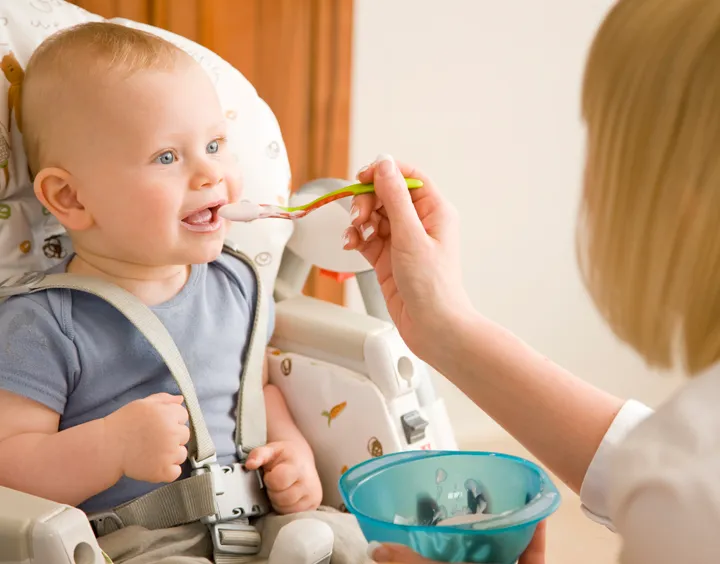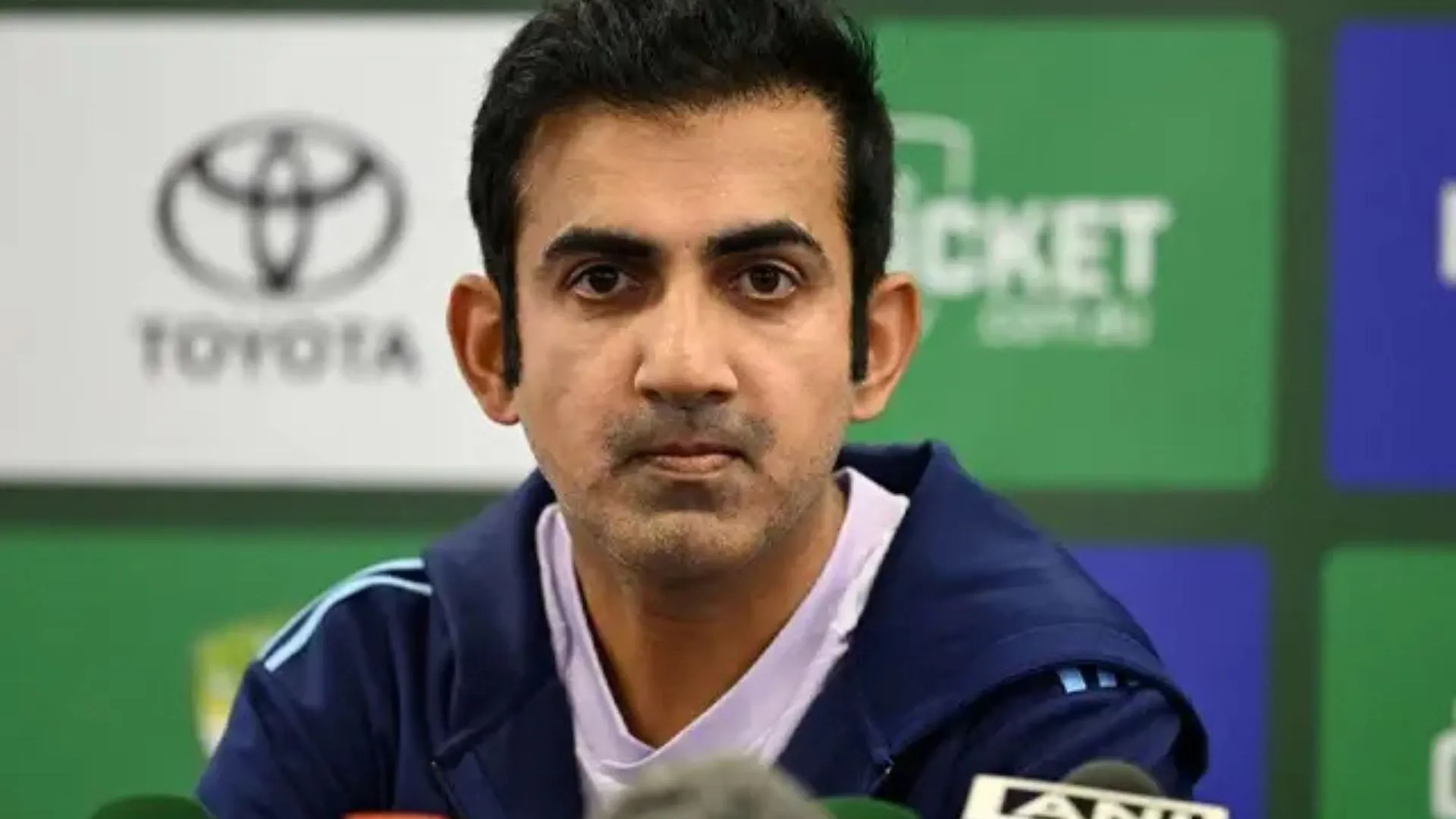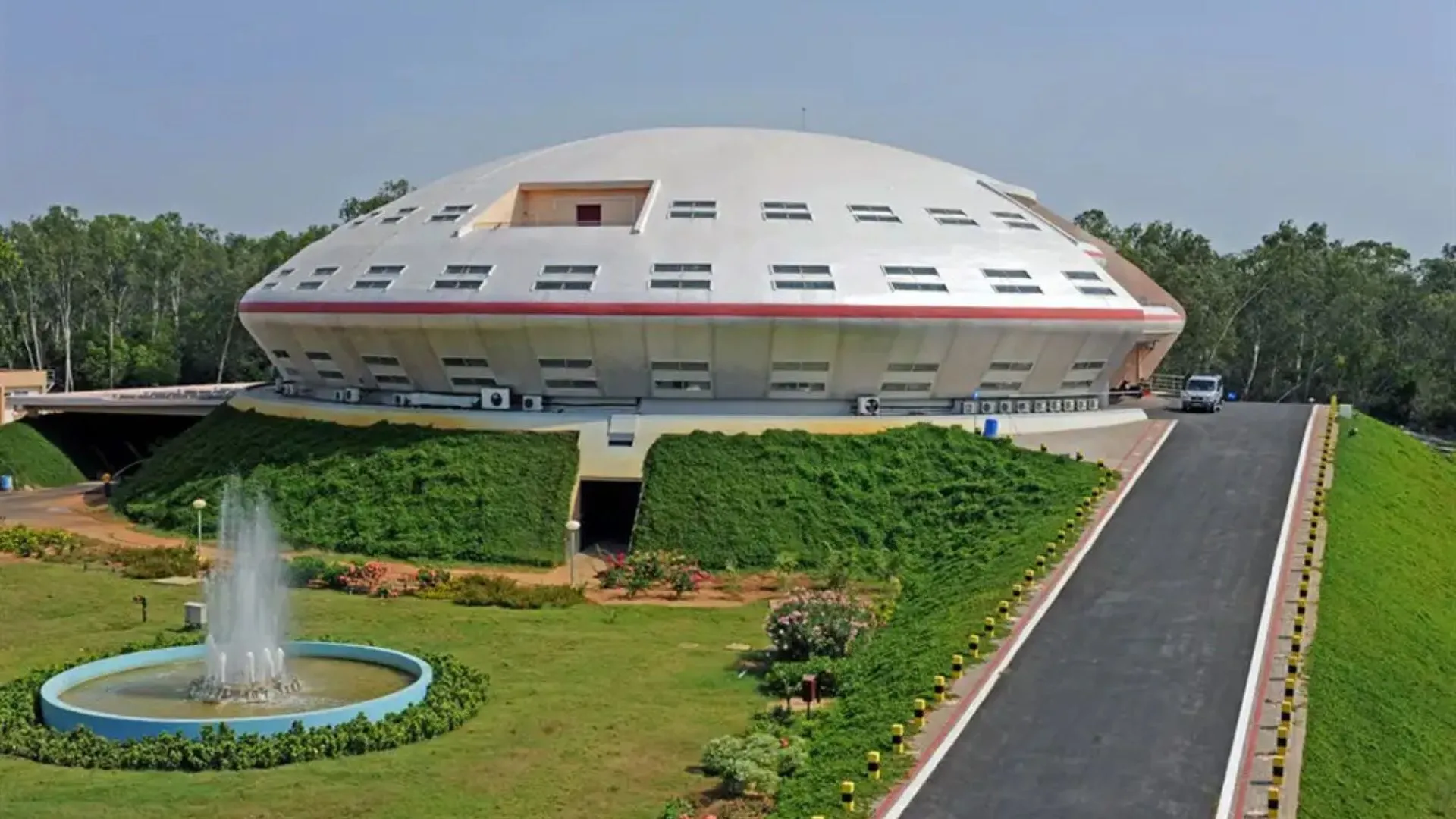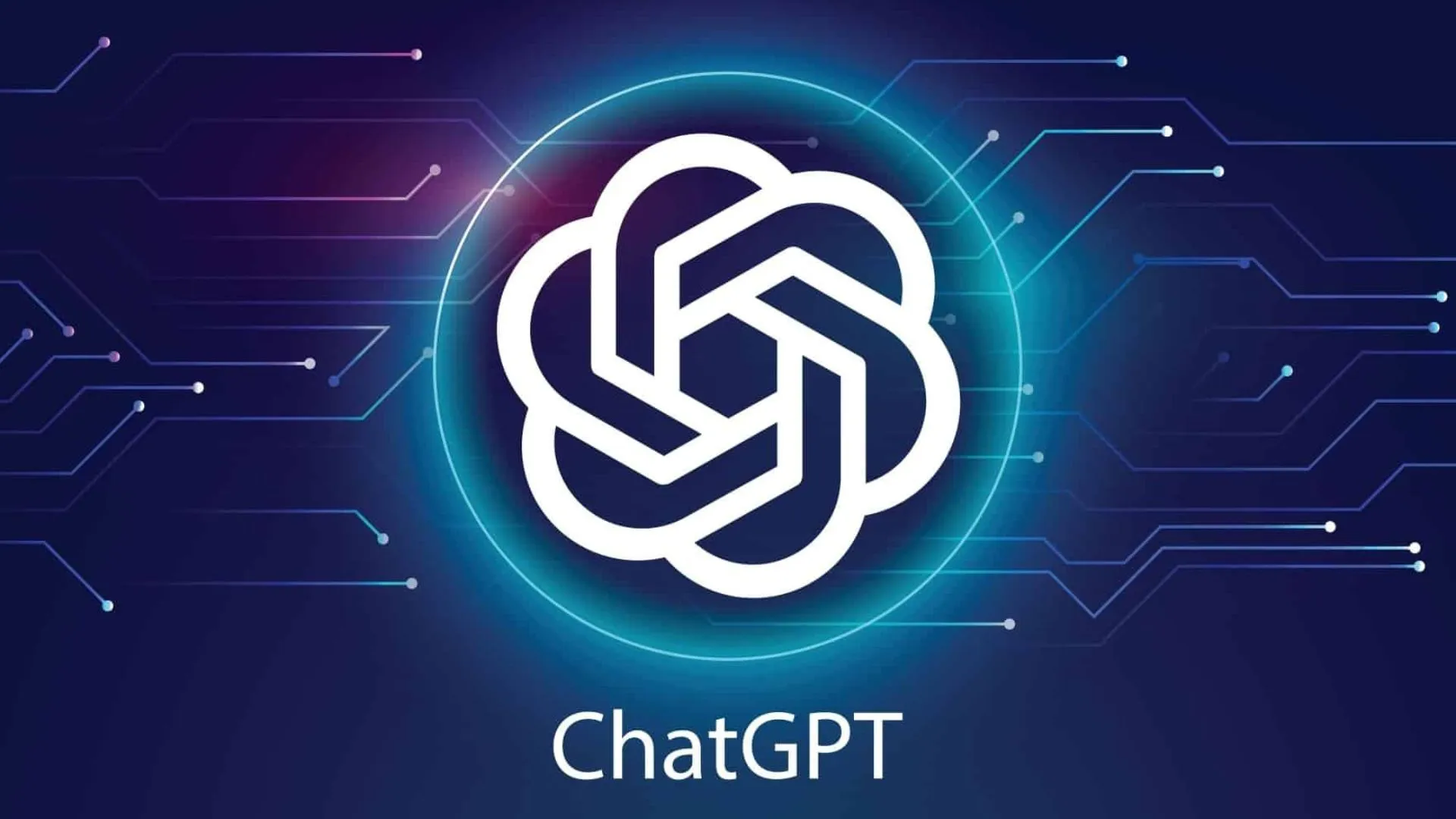Petroleum products will not be included under the Goods and Services Tax (GST), said Union Finance Minister Nirmala Sitharaman on Friday.
Sitharaman stated that the GST Council discussed the topic of inclusion of petrol and diesel under the tax structure after the Kerala High Court order. “On the direction of court it was brought on to table but members spoke very clearly they do not want it to be included in GST,” Sitharaman said. “This will be reported to the high court as the GST Council felt it was not the time to bring petroleum products under the GST,” she added.
The 45th meeting of the GST Council was held on Friday in Lucknow under the chairmanship of Sitharaman.
Briefing the media persons after the meeting, the Union Minister said, “There has been a lot of speculation on whether petroleum products will be brought under the ambit of GST. I make it absolutely clear that this came on today’s agenda purely because of the Kerala High Court order where it suggested the matter be placed before the GST Council. GST Council Members made it clear they do not want petroleum products to be included under GST. We will report to the Kerala High Court that the matter has been discussed and the Council felt it was not the time to bring petroleum products under GST.”
Sitharaman announced a reduction in the GST rate on biodiesel, which is supplied to oil marketing companies for blending with diesel, from 12 per cent to 5 per cent. Giving relief to transporters and exporters, the Finance Minister said, “National Permit Fee charged by states for granting permits to goods vehicles to operate throughout India or in contiguous states is being exempted from GST. Transport of export goods by vessels and air is exempt from GST; this was given due to difficulties being faced by exporters for getting Input Tax Credit refund due to technical issues on GST Portal. Although the GST portal is stable now, keeping in view the COVID19 pandemic, this exemption is being extended by one year, so that exporters do not suffer.”
The minister said that the GST on retro-fitment kits for vehicles used by Divyang Persons with Disabilities has been reduced to 5 per cent. “To give prominence to skill development, training programmes wholly funded by Central/State governments are already exempt from GST. Training programmes where the government bears 75 per cent or more of the cost shall now be exempt from GST. GST on pen parts is 18 per cent, while GST on certain kinds of pens is charged 12 per cent. It has been decided to correct this inversion by making the rate on all pens and pen parts to 18 per cent,” she said.
The Council also extended GST concessions on Covid-related medicines till 31 December this year. Sitharaman said extension has been given in existing concessional GST rates on Covid-19 treatment drugs up to 31 December. The exemption was valid till 30 September. These drugs are Amphotericin B (nil), Remdesivir ( 5 pc), Tocilizumab (nil) and anti-coagulants like Heparin – (5 pc).
The minister spoke about tax concessions on medicines not related to Covid-19. “We have seen in the last one year and probably earlier that some life-saving drugs, which are not connected with Corona and are very expensive. Exemptions have been given for such drugs. I am giving the names of two because those two are very expensive drugs—Zolgensma and Viltepso. These two are very important drugs which cost something like Rs 16 crores. So the council has decided to grant exemption from GST for these two,” she said.
“Drugs that are suggested by the Ministry of Health for treating muscular atrophy, on the recommendation of the Health Ministry and Department of Pharmaceuticals, are also exempted for IGST on import for personal use. The concessional GST rates on corona-related medicines have been extended till December 31, 2021. GST rate on seven other medicines, which are recommended by the Department of Pharmaceuticals, have also been recommended for reduction from 12 per cent to 5 per cent. That is also extended till December 31, 2021,” she added.
Sitharaman said that cancer-related drugs—Keytruda—along with similar other medicines used in the treatment of cancer as per the Health Ministry are being recommended for tax concession from 12 to 5 per cent.

